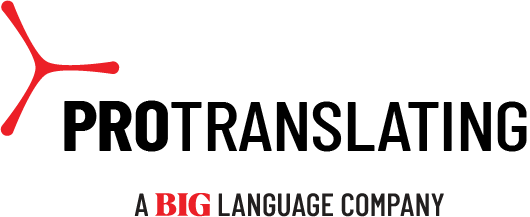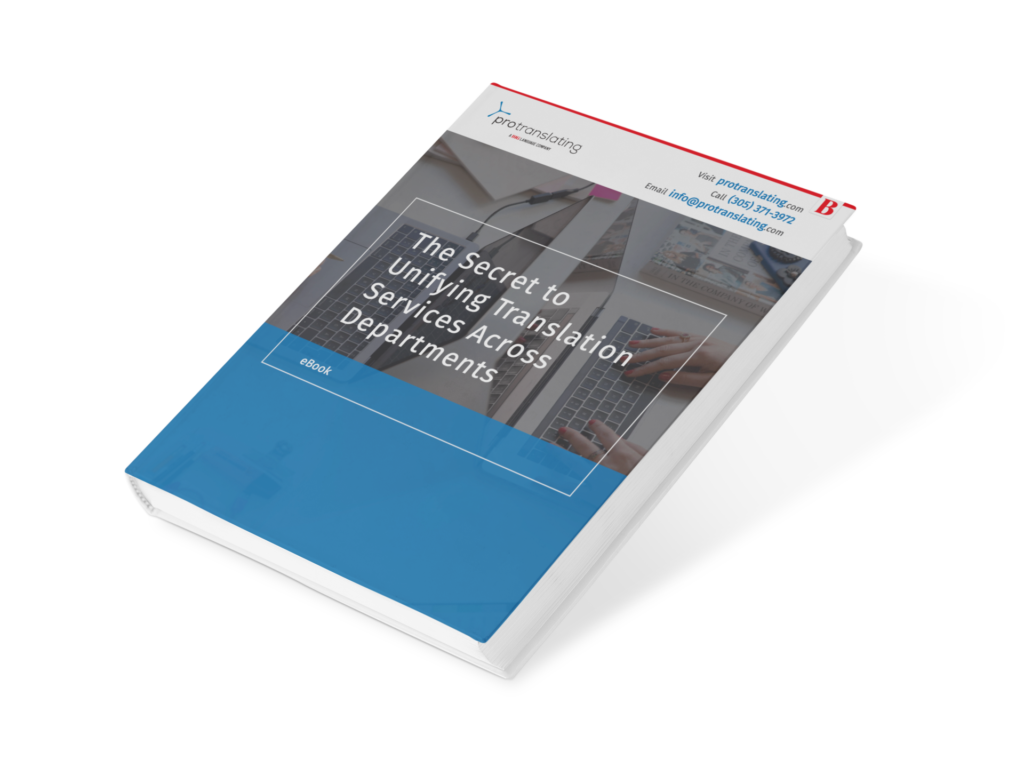Whether you’re an individual or a business providing translated documents in a legal proceeding, you will be asked to provide certified translations of legal documents. If you’ve already translated these documents, this request for “certified” documents may be alarming since it seems to suggest there’s a more official, externally validated process your translations need to go through before submitting for a legal proceeding.
But in reality, a professional translator can acquire certified translations. So even if you’ve already had your legal documents translated by a professional, it’s easy to take the extra step to get these translations certified and meet the demands no matter what legal process you face.
Understanding Certified Translations for Legal Documents
When it comes to requesting and delivering certified translations, the use of the word “certified” can lead to confusion. In some cases, certification involves a verification and authentication process involving a third party. However, for legal document translations, certified translations are simply ones validated with a statement from the translator highlighting their credentials in translating the document.
Translators may be certified by an outside organization, but a certified translator doesn’t automatically produce accredited translations. Regardless of whether a translator holds any certifications of their own, translations are certified simply through written documentation that attests to the accuracy of the translated legal document.
Required Information for a Certified Translation
The specific information in a certified translation can vary based on the organization requesting this information. However, in general, all certified translations should come with a statement covering the following information:
- A summary of the translator’s qualifications
- A declaration that the translator’s work has been performed to the best of their abilities with the greatest accuracy possible
- Information that identifies the document being translated, as well as the source and translation languages
- The translator’s name is signed and dated
To ensure the necessary information is provided, it is best to ask the requesting organization if they have any specific requirements—either in terms of the content of the statement or the delivery format—before you create and deliver these materials.
Types of Legal Documents That May Require Certified Translations
There’s no hard-set rule for when certified translations are required for legal documents. Still, many government offices, legal firms, and other authorities will likely require certification of any translated documents to validate their accuracy. A few common legal scenarios where certified translations are required:
- Immigration and citizenship
- Corporate litigation
- Contract law
Before presenting translated documents, you should contact your lawyers or the relevant authorities to find out if certification is required for your translated documents. Keep in mind that in some cases, lawyers may prefer certification even when it isn’t needed, as this extra step can strengthen the credibility of those translations.
Certified Translations You Can Trust
Accuracy is paramount for legal document translations. While a certified translation provides a stamp of quality assurance from the translator, this doesn’t equate to an iron-clad translation. BIG Language Solutions uses professional translators and rigorous translation workflows to ensure that our certified translations offer the accuracy and consistency our clients need when faced with legal proceedings.
Contact us today to find out how our certified translation services can help you.







